Leading Without Authority with Keith Ferrazzi, Ep # 90
In this episode of the Coming Clean Podcast, I am talking with Keith Ferrazzi. He is an entrepreneur and global thought leader in relational and collaborative sciences. As Chairman of Ferrazzi Greenlight and its Research Institute, he works to identify behaviors that block global organizations from reaching their goals. He is a #1 New York Times best-selling author of Who’s Got Your Back and Never Eat Alone and his newest book Leading Without Authority, as well as a frequent contributor to Harvard Business Review, WSJ, Fast Company, Forbes, Inc, Fortune, and other publications. Keith’s 20-year history of transforming C-Suite executive teams has made him an agent of transformation and among the world’s greatest and most sought-after coaches. He’s passionate about leadership and philanthropy and it shows in all he does!
You will want to hear this episode if you are interested in...
What does “Leading Without Authority” mean? [1:14]
Recontracting. Moving away from top-down leadership to co-elevation. [2:43]
Go Forward to Work research project [5:42]
Moving forward in a remote working world or going back to the way things were [10:21]
Why is Keith so passionate about leadership? [16:46]
How being a caddy as a boy impacted Keith’s future [19:37]
Psychedelics for medicinal purposes [25:34]
Why were psychedelics banned? [33:52]
A big heart for disadvantaged communities [38:29]
Why “Leading Without Authority”?
Keith coaches organizations and executive teams. He says that if people stayed in their swim lanes and led with the authority with which they have, we would never be able to transform companies. The number one thing a leader has to do today is to get their organization, to ignore the boundaries of the organization, ignore the org chart, and lead without authority. Lead for transformation. All that it takes is somebody that has a vision and a group of folks that will co-create and follow that vision with them. That's leadership today. So leading in networks is actually the format for leadership today. So that's what he wanted to do. He wanted to create the formula for the new form of leadership.
Recontracting and Co-elevation
The first thing Keith does when he talks to executive teams is something he calls recontracting. There are social contracts on how we work with people. If somebody goes through the 12 steps, they relearn a new social contract for making amends. They do a ruthless moral inventory. There are things that we do that are an old contract and how we used to see the world and our values then there's a new contract.
Keith has eight critical attributes of high-performing teams that he recontracts. They all come under a word that he uses called co-elevation. Teams used to collaborate when needed and then go back to coexistence. Individuals on teams would do their own stuff, collaborate when needed, and then go back to doing their own stuff. However, co-elevation is a state of being in a frame of mind and a state of teamsmanship that makes people say, we're going to cross the finish line together. If you’re the head of marketing and hitting all of your goals but the sales team isn’t closing then you have got to go back, you do what you need to do to bring sales forward. If that means reallocating budget, reallocating time, it doesn't matter. Everyone crosses the finish line together.
Going back to “normal” but staying remote by choice
Keith says he hopes we're not going back to pre-pandemic “normal”. He says there are critical attributes of leadership that need to be dialed up in the post-pandemic world. One is foresight. He found that only 10% of teams and organizations saw the pandemic coming and were able to use that foresight to their advantage. Most got caught on their heels on March 13th in the United States, but others did not, very few did not. Those who were not caught on their heels had a process of the executive team having foresight where they were constantly asking what risks and what opportunities are coming down the pike that they need to worry about. Organizations like Lockheed's Space Division went fully virtual in February. That wasn't happening in most places. So foresight is critical.
Agility is another. One of the things that happened last year is everybody started practicing what Keith calls crisis agility. We asked ourselves, holy cow, what are we going to do this week? What do we need to do? And then at the end of the week, we would stop and say, what did we get done? Where are we struggling? What are we doing for next week? At Delta Airlines they were doing this every day. When you lose 90% of your revenue, you're doing it every day. So the concept of working in sprints and assessing the environment, assessing the market, being customer sensitive and market sensitive, it's called agile. Most programmers and project managers work in this process called agile. But most companies and executive teams don't. Going back to normal we want to keep working in agile. We want to keep being constantly vigilant on where the pivots need to be in the marketplace so that we don't miss critical trends. Those are some of the things that Keith saw that were critical. In the remote world, we can do a lot of these things easier than going back to being physically present.
Resources & People Mentioned
Connect with Keith Ferrazzi
Connect With Peter O. Estévez
Follow on Facebook
Follow Coming Clean on Instagram
Follow Peter on Instagram
Subscribe to Coming Clean on
Apple Podcasts, Spotify, Google Podcasts
Audio Production and Show notes by
PODCAST FAST TRACK
https://www.podcastfasttrack.com

